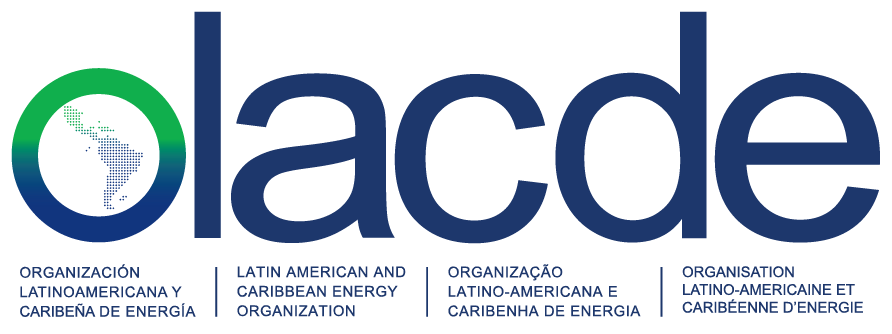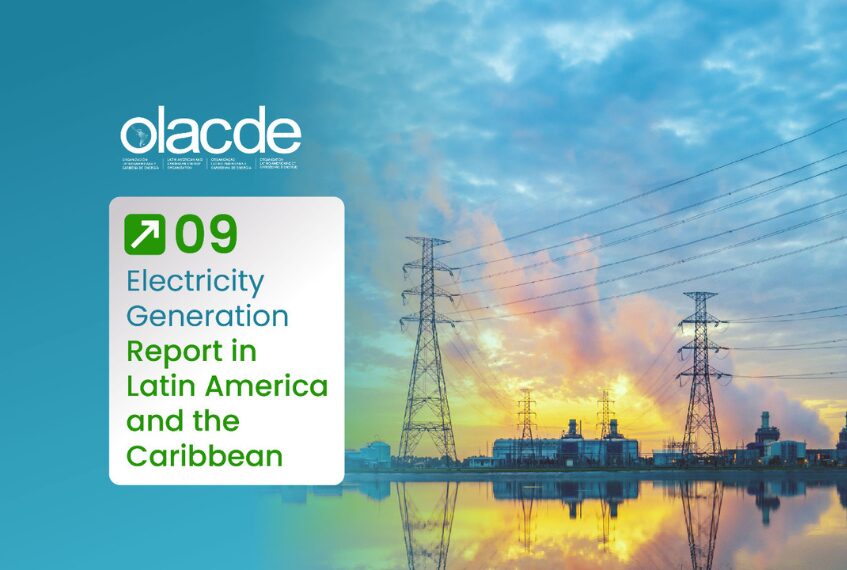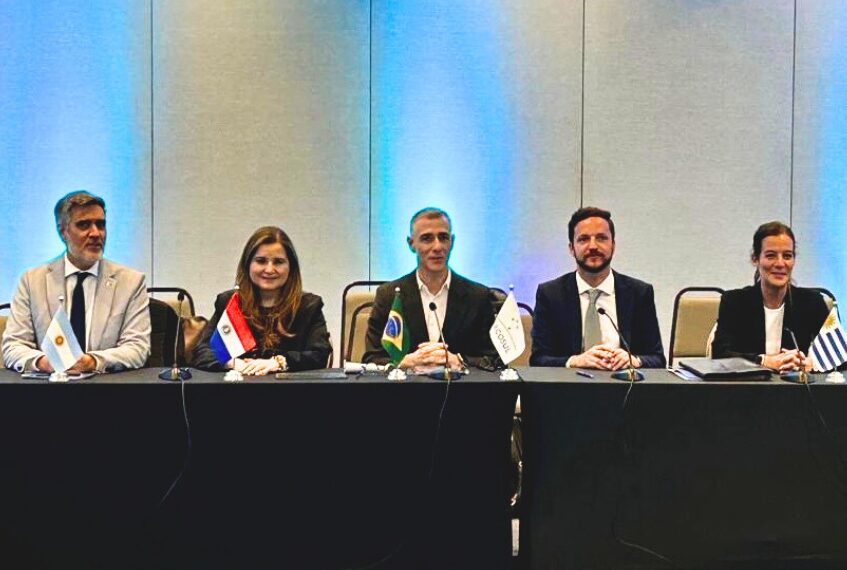The webinar “Exploring Sustainable Energy Storage: Current Available Technologies” established itself as a high-level technical forum to discuss the strategic role of energy storage in the transition of electric systems in Latin America and the Caribbean.
The event was organized by The Latin American and Caribbean Energy Organization (OLACDE) within the framework of the ETRELA project (“Enhancing, Expanding, and Facilitating Access to Education and Training in Renewable Energy in Latin America”), funded by the International Climate Initiative (IKI) of the German Government.
The objective of the meeting was to analyze currently available energy storage technologies, evaluating their technical performance, economic feasibility, environmental impacts, and scalability challenges. Solutions discussed included lithium-ion batteries, thermal storage, compressed air systems, and emerging CO₂-based technologies.
In her opening remarks, Gloria Alvarenga, Director of Integration, Access, and Energy Security at OLACDE, emphasized that “strengthening technical capacities in energy storage is essential for building a more resilient, inclusive infrastructure adapted to the challenges of climate change.”
Andrés Rebolledo, Executive Secretary of OLACDE, added that “storage is consolidating as an essential component in the transformation of the regional electric system. In a context of accelerated transition —as demonstrated by the recent energy crisis in Europe— it is indispensable for ensuring sustainability, security, and stability.”
From Canada, José Condor, Senior Policy Analyst at the Ministry of Energy and Climate Solutions of the Province of British Columbia, stressed that 70% of global energy consumption still relies on fossil fuels. “Storage is key to decarbonizing the energy matrix, integrating renewables, and optimizing resource use. The Kaya equation shows that technological change must be supported by effective public policy and social commitment,” he noted.
Meanwhile, Paola Hartung, Manager of Regulatory and Government Affairs at AES Andes (Chile), presented Chile’s experience, which already includes more than 1,000 MW of storage in operation and 6,700 MW in development. Hartung warned about renewable energy curtailment, which reached 40% in 2024, and stated that “storage is not optional—it is a necessity to ensure a safe, efficient, and sustainable energy transition.”
The event also addressed critical aspects such as project financing, technological innovation, risks related to critical mineral supply chains, and the urgent need for flexible regulatory frameworks.
The webinar is part of a series of initiatives led by OLACDE and ETRELA to strengthen regional capacities in renewable energy and promote the adoption of storage technologies as an essential tool on the path toward sustainable and modern electric systems in Latin America and the Caribbean.





